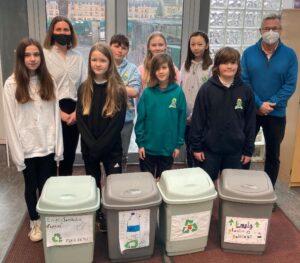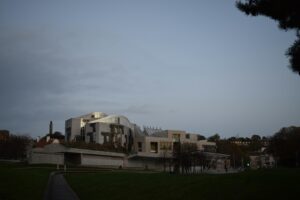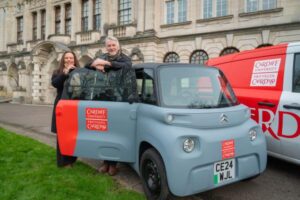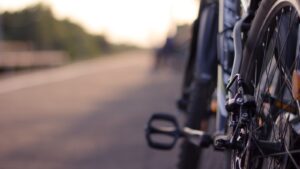Glasgow schools set out to be plastic-free
12 schools in Glasgow have embarked on a scheme to become plastic-free.
The Plastic Free Schools programme teaches pupils how to run their own campaign in the fight against single-use plastic; from challenging government and industry to creating change in their schools and forming sustainable habits that will continue into adulthood.
As part of the scheme, the pupils were asked to identify areas within the school that they thought produced the most unnecessary plastic and come up with a plan to reduce, reuse or recycle.
Across the 12 schools, the areas where pupils thought that they could make the most change was litter in the playground, single-use water bottles in classrooms, and the school kitchen and dining hall.
One of the first things that pupils at Hyndland Primary School did was buy new recycling bins and make a short video for the rest of the school, to demonstrate how to recycle properly and which items should go in which bins.

The pupils are also currently writing a letter to the head of catering and facilities management in Glasgow City Council to ask what can be done about reducing single-use and unnecessary plastic in the school kitchens.
Olivia (11) said: ‘It’s good that our school is taking the lead in becoming plastic-free and I hope that we can inspire other schools to sign up to do the same. All the work we are doing is to show people how important it is that we do something now to stop the damage to our environment and what steps we can all take to make a difference.’
Cllr Anna Richardson convenor for sustainability and carbon reduction added: ‘Plastic waste is a huge problem and an issue that should concern all of us, particularly because of its devastating effects on marine life when it finds its way into our waterways. It also represents a highly visible sign of our throwaway culture that needs to be addressed urgently.
‘This is why Glasgow’s plastic reduction strategy has the bold ambition to be free of unnecessary plastic by the year 2030.
‘Our action plan has a mixture of relatively small steps to major interventions including recycling single use cups, encouraging refilling bottles, incentivisation and improving education on reuse and responsible recycling, that will have a cumulative impact on reducing plastic waste.
‘We need our young people to confidently take action to help realise our climate goals and the Hyndland Plastic Free Pioneers are setting a great example for others in their school and in the wider learning community.’
Photo Credit – Supplied















